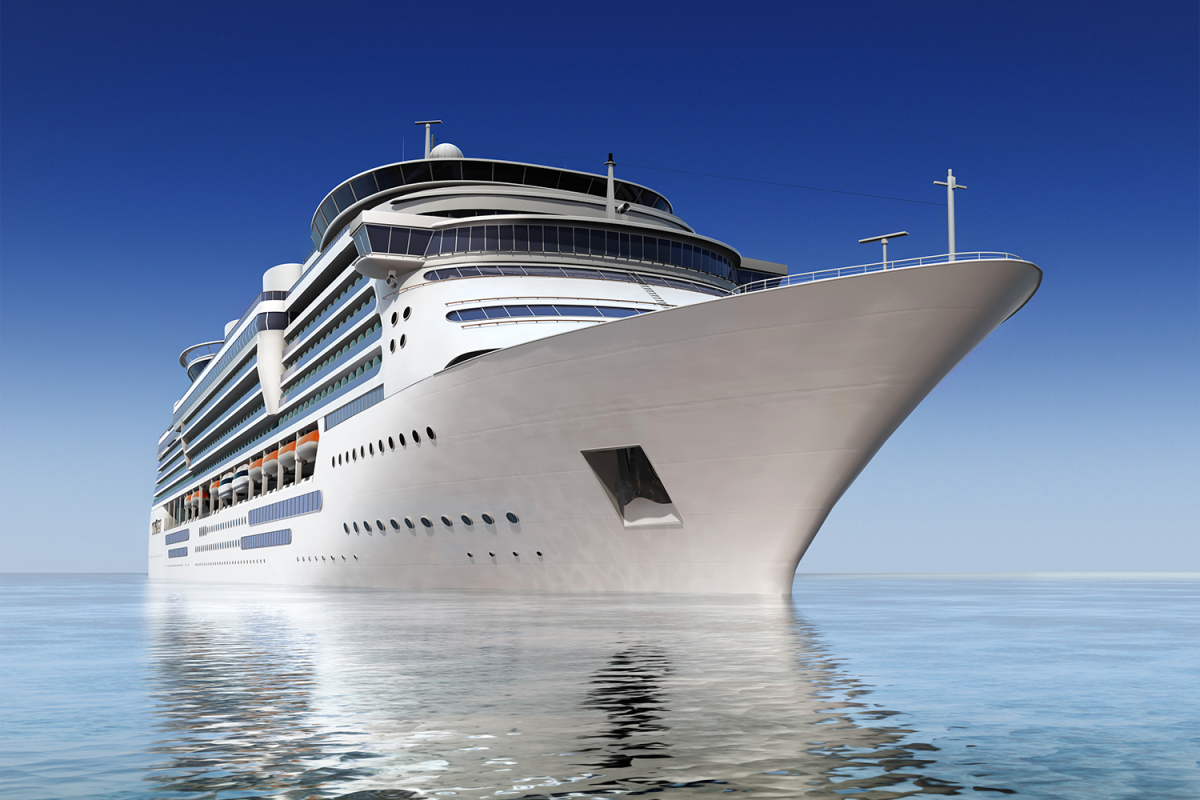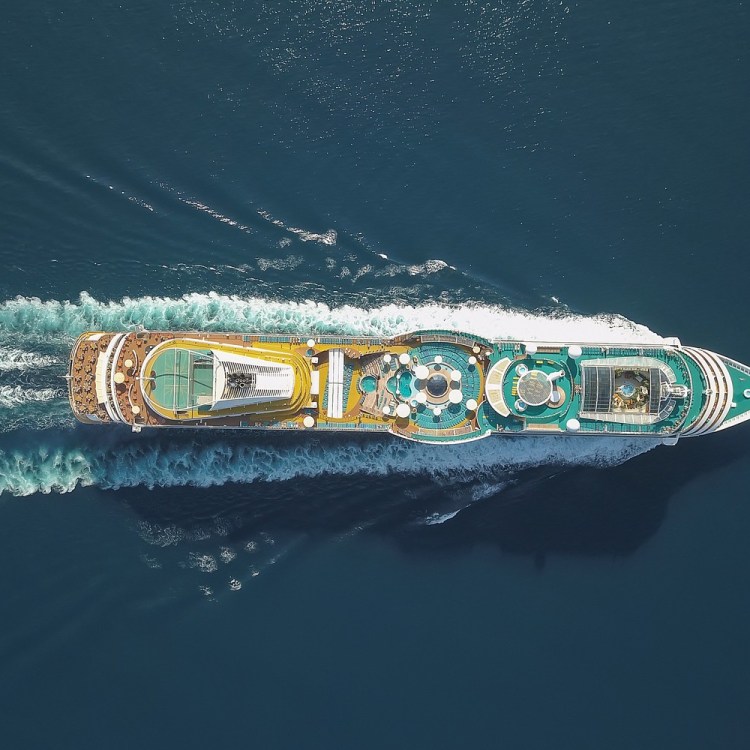After two long years of back and forth with industry officials and the World Travel & Tourism Council (WTTC), the Centers for Disease Control and Prevention (CDC) has announced that it will drop the risk assessment on cruise travel, effective Wednesday.
“CDC is removing the COVID-19 Cruise Ship Travel Health Notice,” spokesperson Dave Daigle told USA Today. “Travelers will make their own risk assessment when choosing to travel on a cruise ship, much like they do in all other travel settings.”
Now, it’s no exaggeration to say that cruise lines were among the heaviest, and earliest, impacted by the pandemic, which is why the CDC’s decision is surely cause for celebration, for cruise lines and frequent cruise-goers alike.
“Today’s decision by the U.S. Centers for Disease Control and Prevention to altogether remove the Travel Health Notice for cruising recognizes the effective public health measures in place on cruise ships and begins to level the playing field, between cruise and similarly situated venues on land, for the first time since March 2020,” Laziza Lambert, the Cruise Lines International Association’s (CLIA) director of strategic communications and public affairs, said following the announcement.
But, at risk of putting a damper on this no doubt momentous day, I’d be remiss not to mention that there seems to be… quite a bit of risk still associated with cruises. Like, arguably the most risk. And maybe that harkens back to January 20, 2020, when the Diamond Princess — the ill-fated Carnival cruiseliner-turned-global-spectacle — departed from Yokohama, Japan and later became host to one of the first publicized coronavirus outbreaks outside of Wuhan.
Or it could be because on March 8, 2020, the U.S. State Department issued a warning that U.S. citizens should avoid traveling on cruise ships altogether, stating that they presented a higher risk of coronavirus infection, causing Viking Cruises, and then eventually all other cruise lines, to suspend operations altogether.
Or maybe it’s because, in June 2021, after Royal Caribbean became the first cruise line to secure approval from the CDC to begin performing test sails again, the brand new Odyssey of the Seas’ inaugural sail — originally slated for July 3 — was postponed after eight crew members tested positive for COVID, marking the start of a turbulent cruise season chock-full of trips canceled, cut short or stalled at sea.
Or perhaps it’s because, and I’m just spitballing here, just three months ago the CDC announced that the Travel Health Notice level associated with cruise ships had been updated from Level 3 to Level 4 (the highest level) in response to the increase in cases onboard cruise ships linked to the Omicron variant, warning even vaccinated passengers to steer clear.
Of course, a lot has changed since the onset of the pandemic and it would be unfair to hold the cruise industry to the same standards we did two years ago, or to discredit all they’ve accomplished in terms of onboard health and safety measures since, but to drop the risk assessment, thus suggesting that people are any less at-risk of contracting COVID on a cruise ship, is moronic. In January, all 92 cruise ships carrying passengers in U.S. waters had recorded outbreaks of COVID onboard.
Yes, to Daigle’s point, at some point you have let people choose. And yes, per initial CDC data, onboard protocols are proving effective, which is promising (one cruiser even professed feeling “safer on the cruise than in Walmart,” which is certainly… a metric). But it all feels a bit premature.
Thanks for reading InsideHook. Sign up for our daily newsletter and be in the know.


















